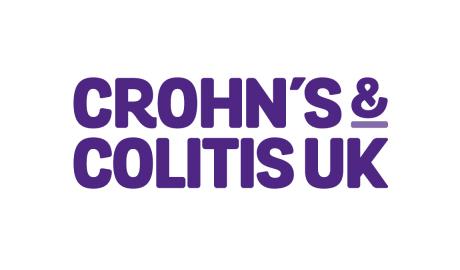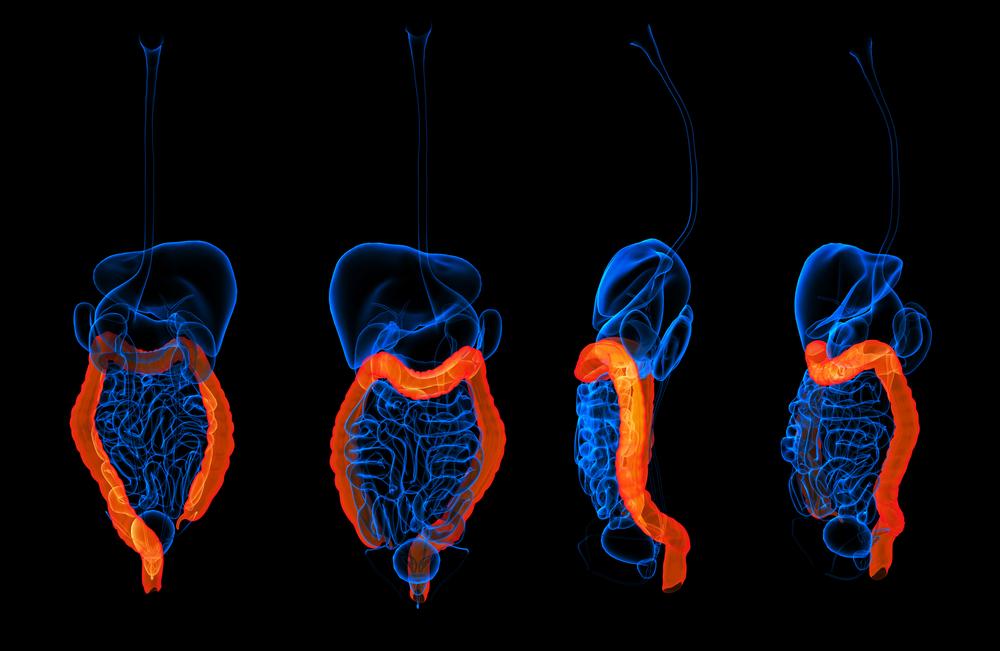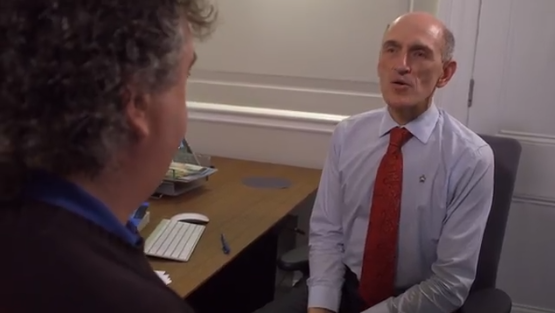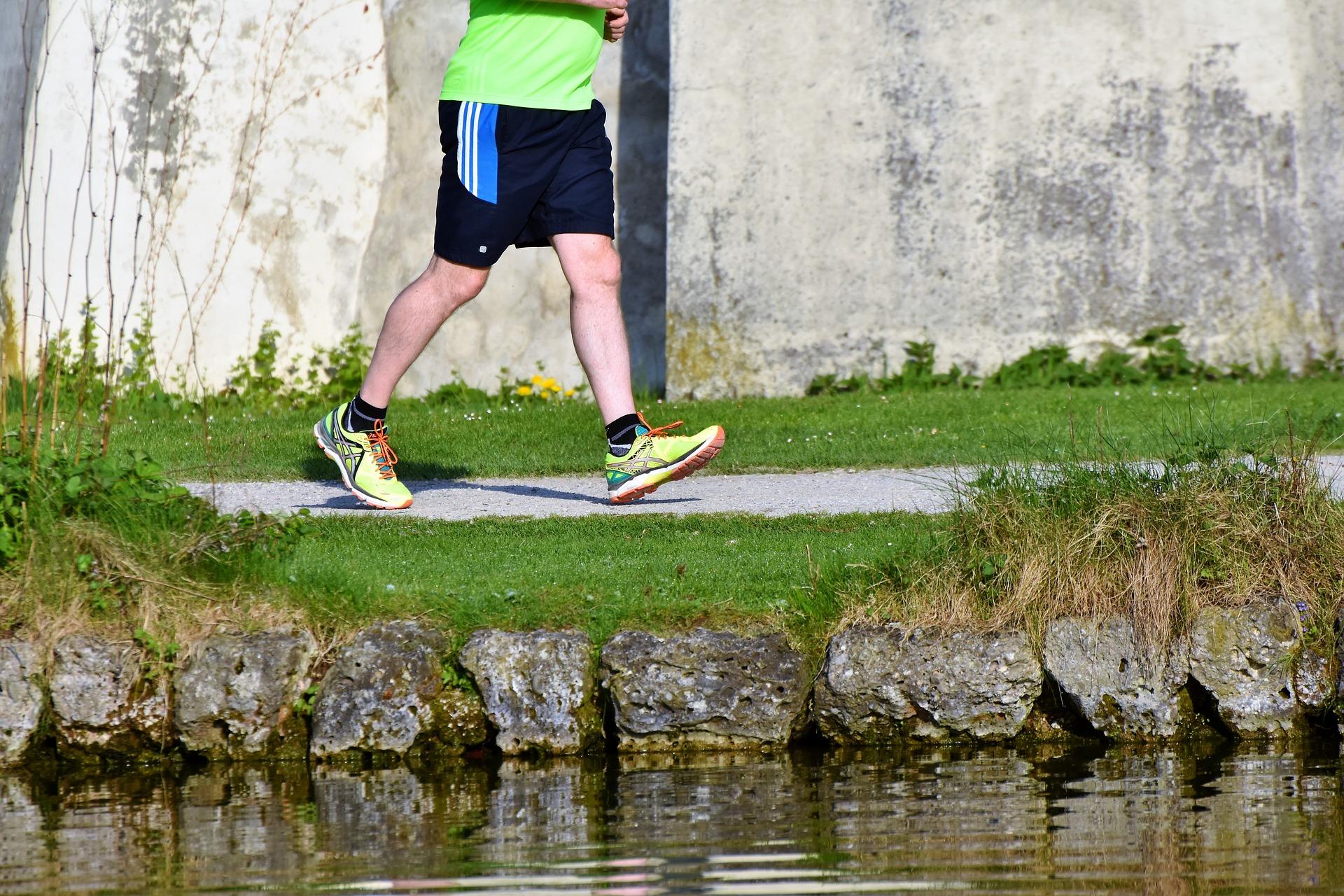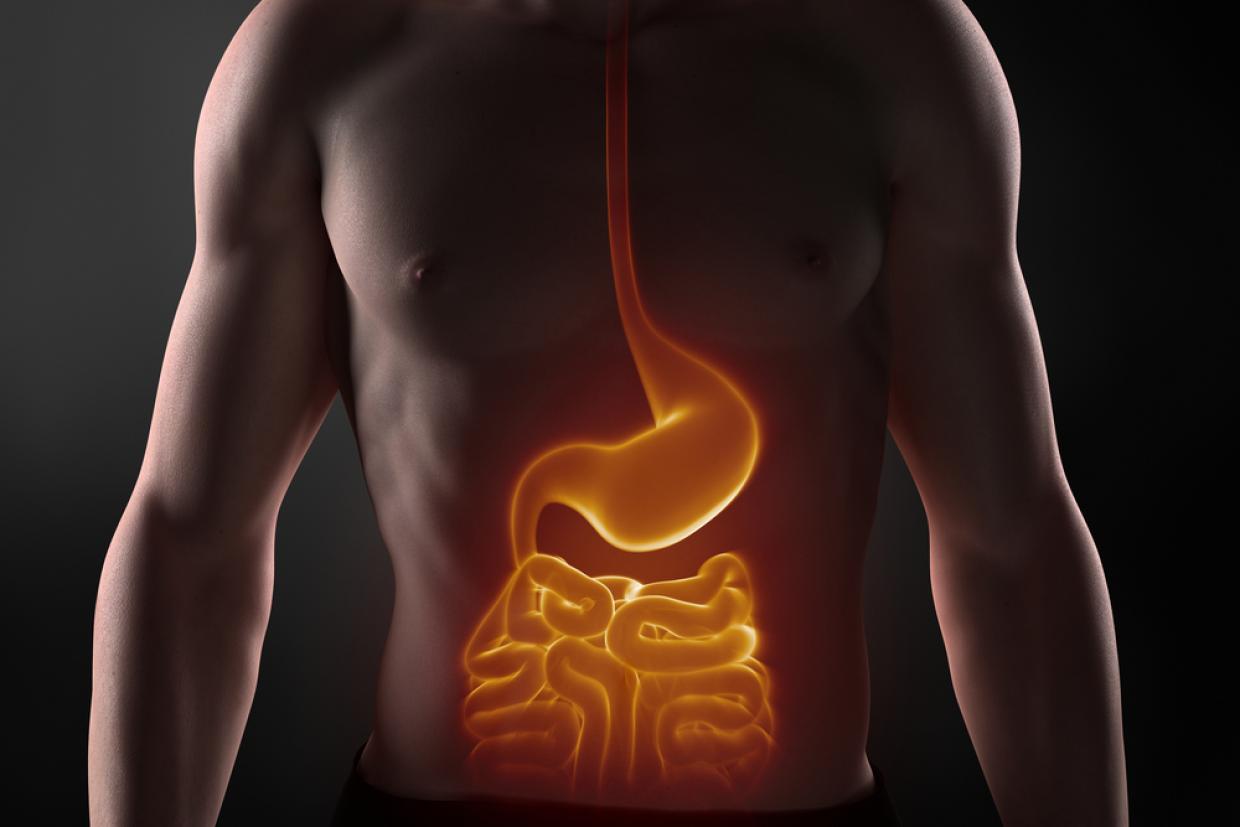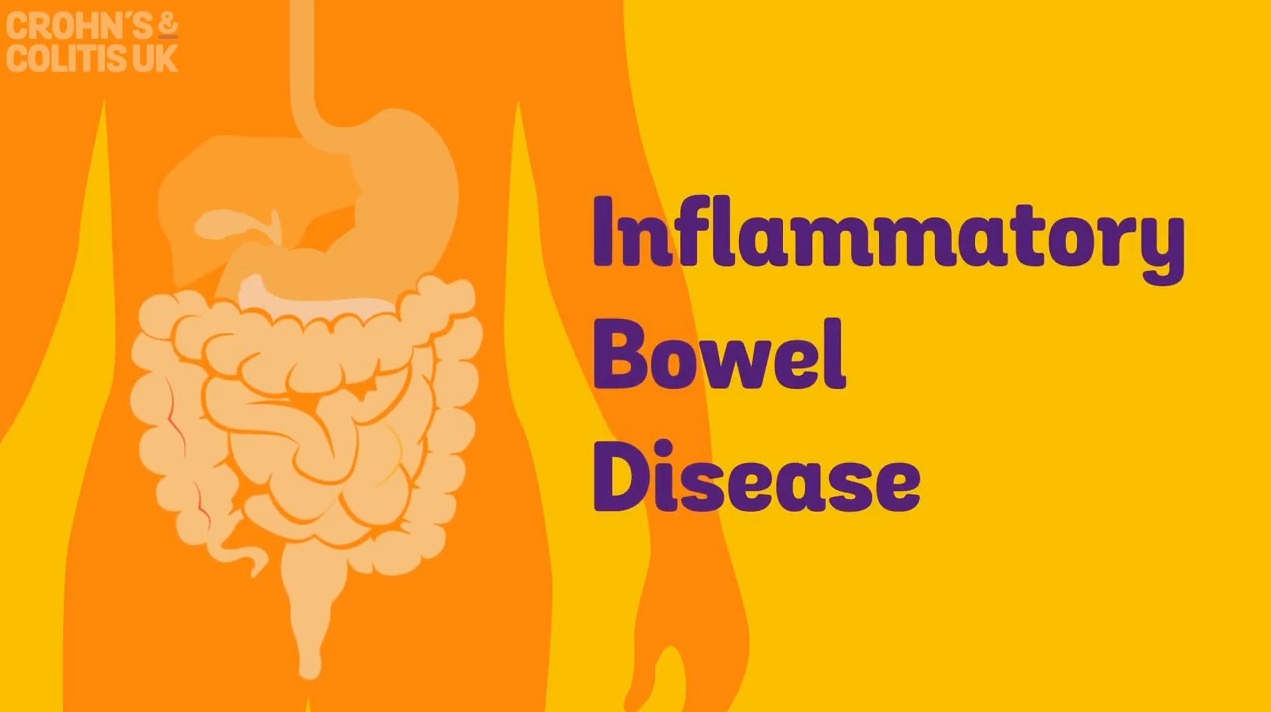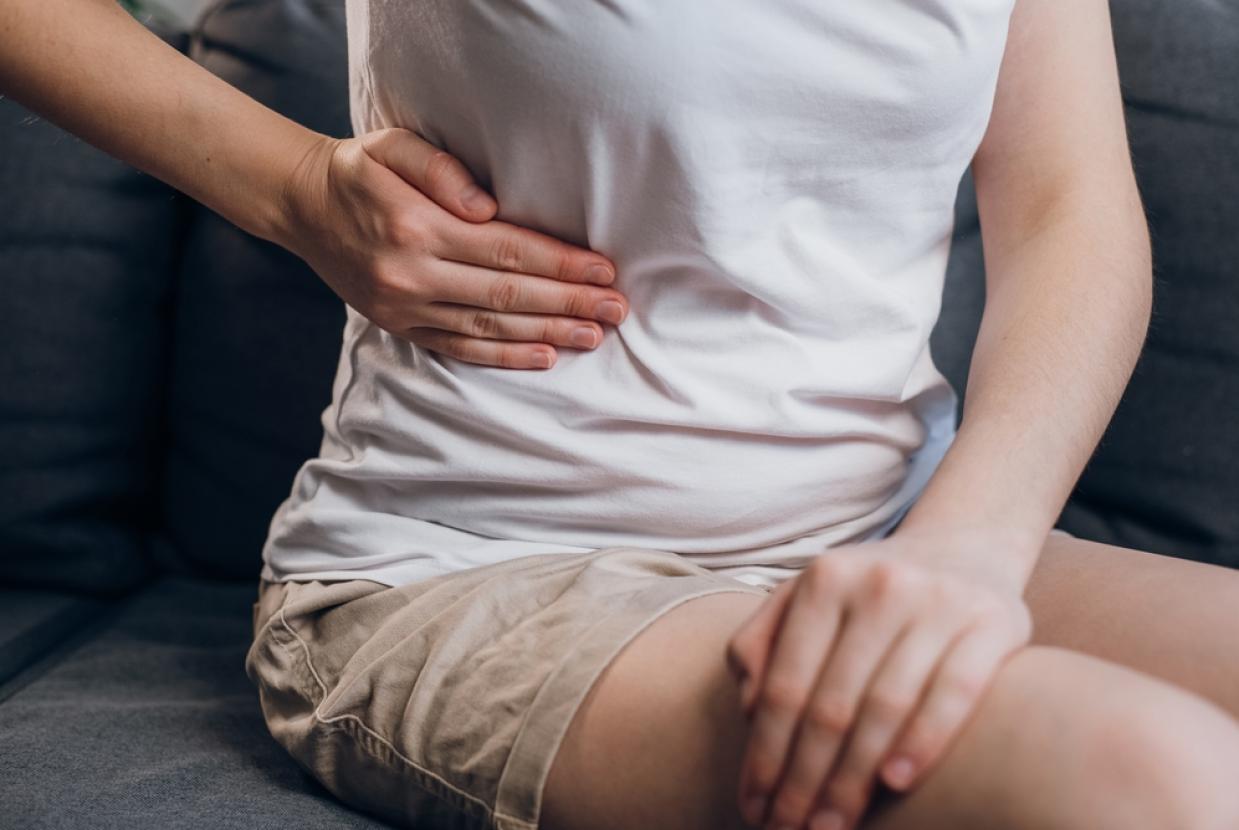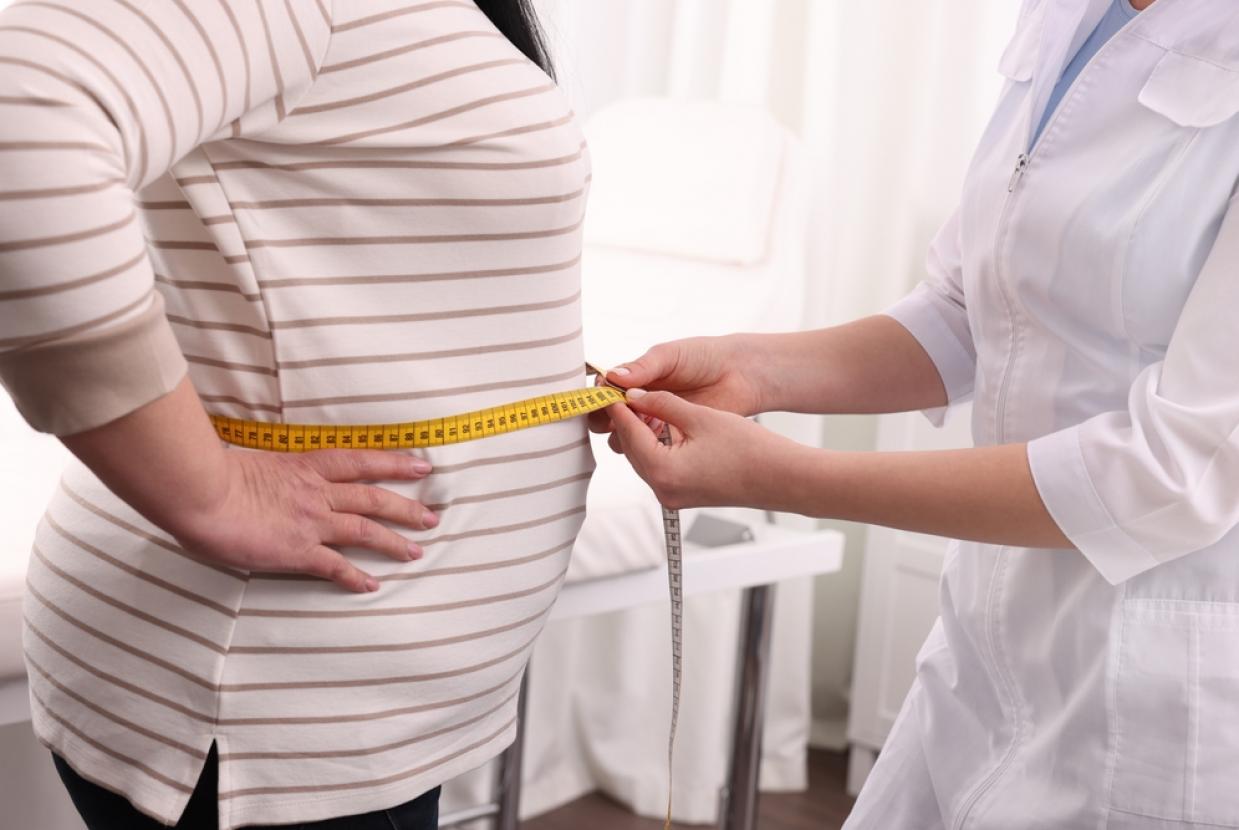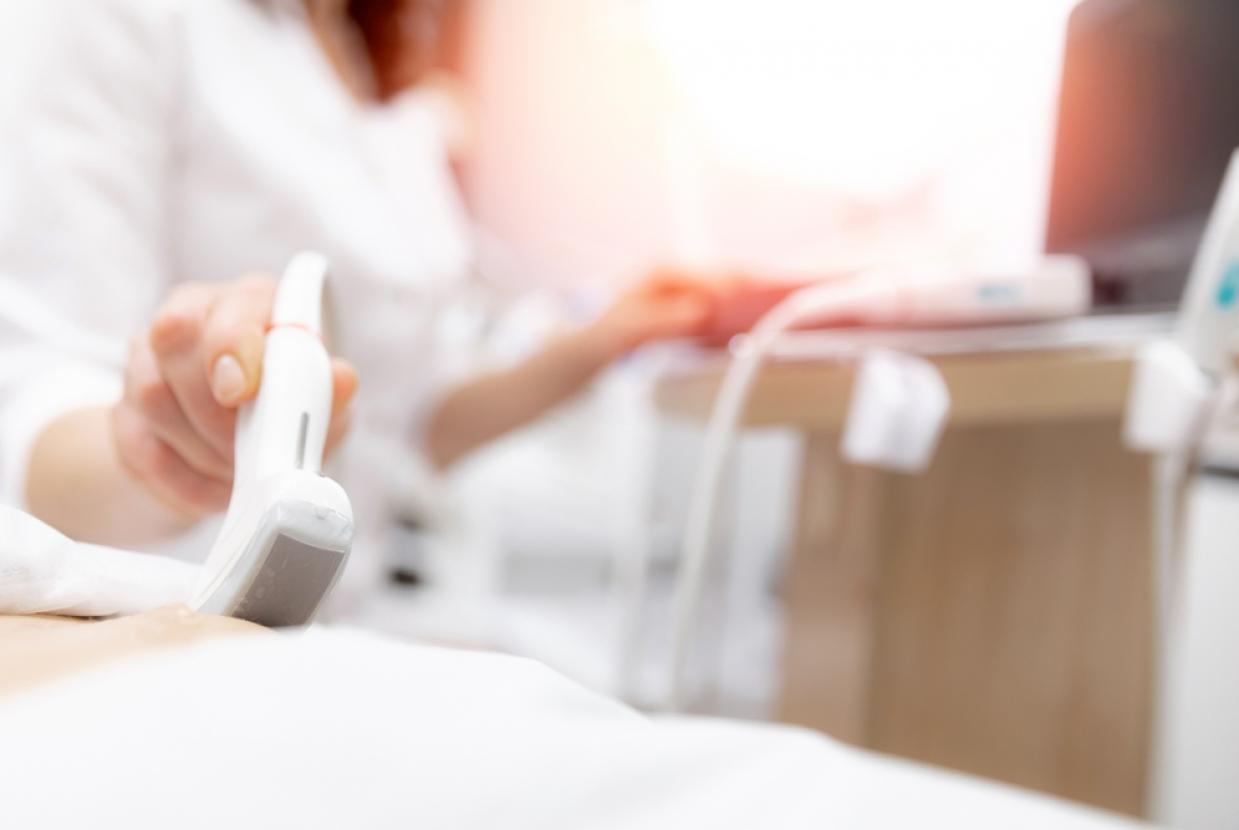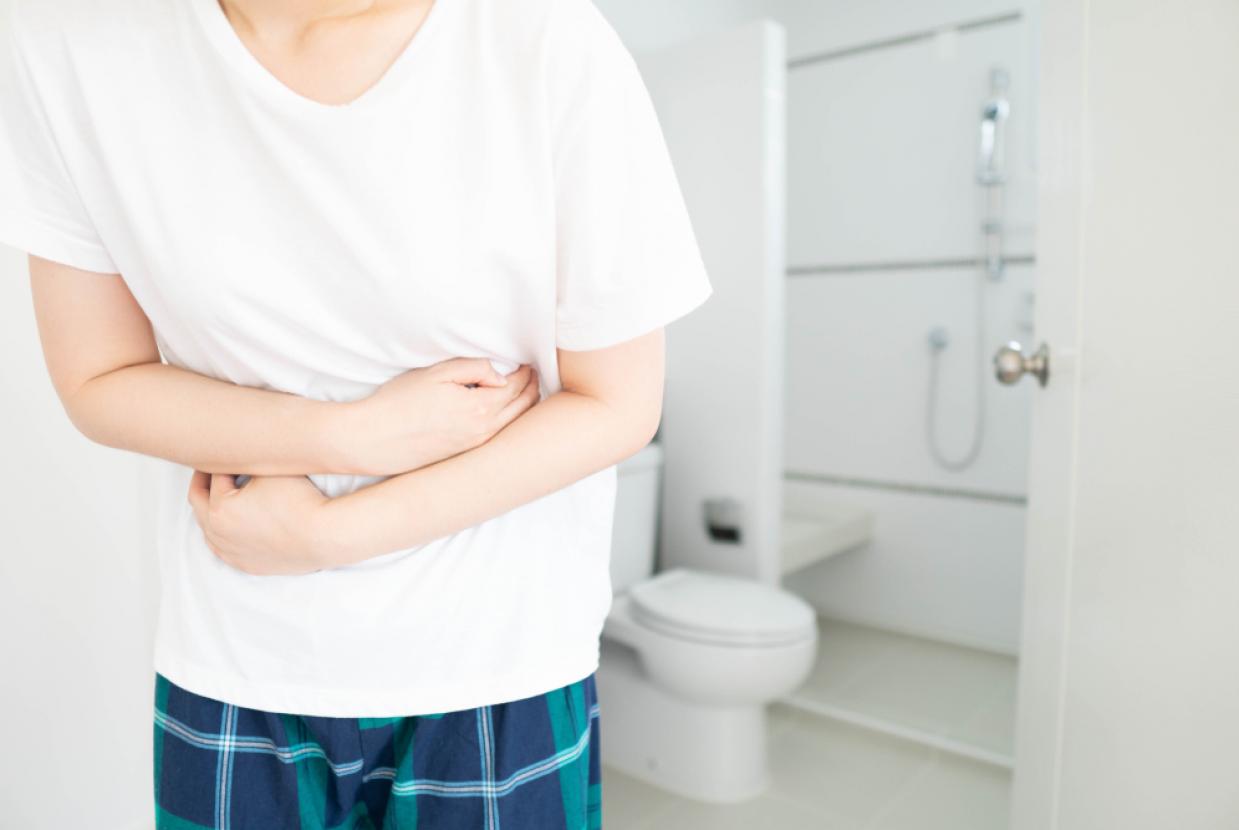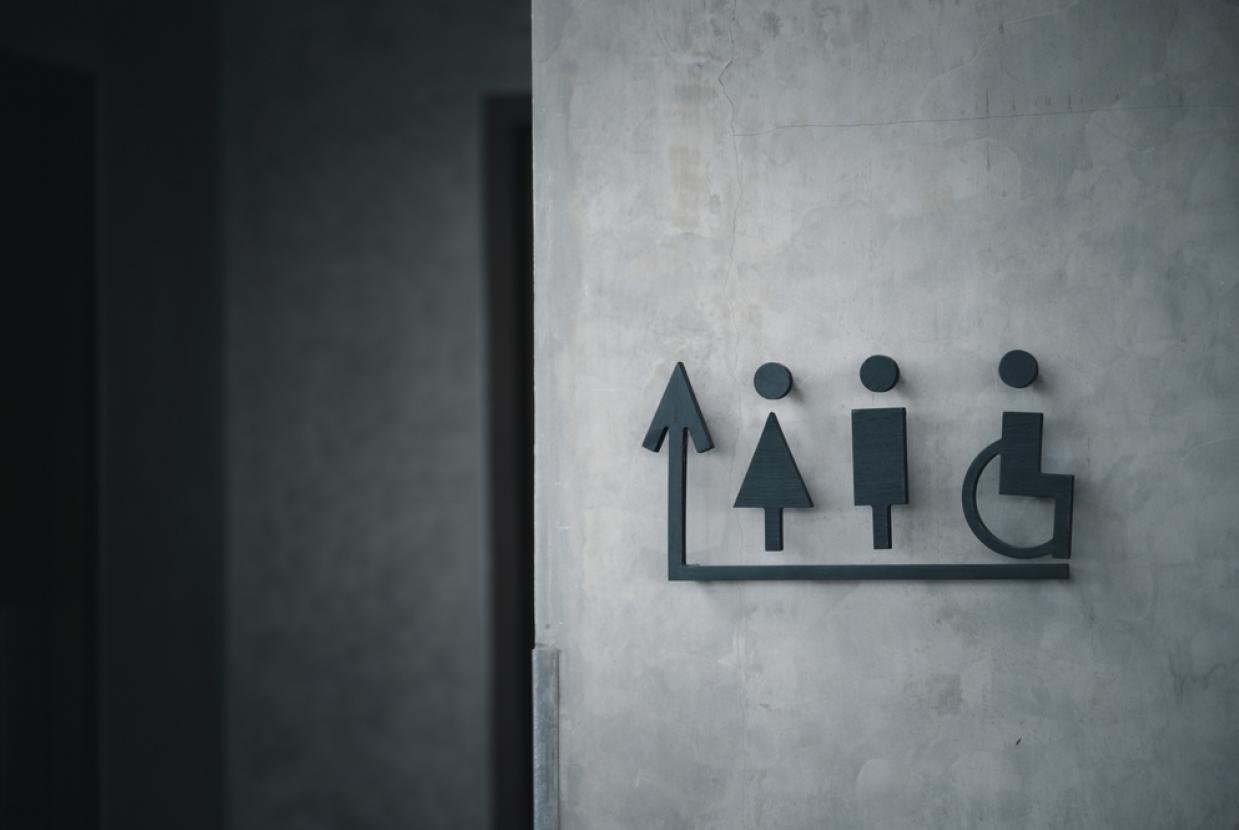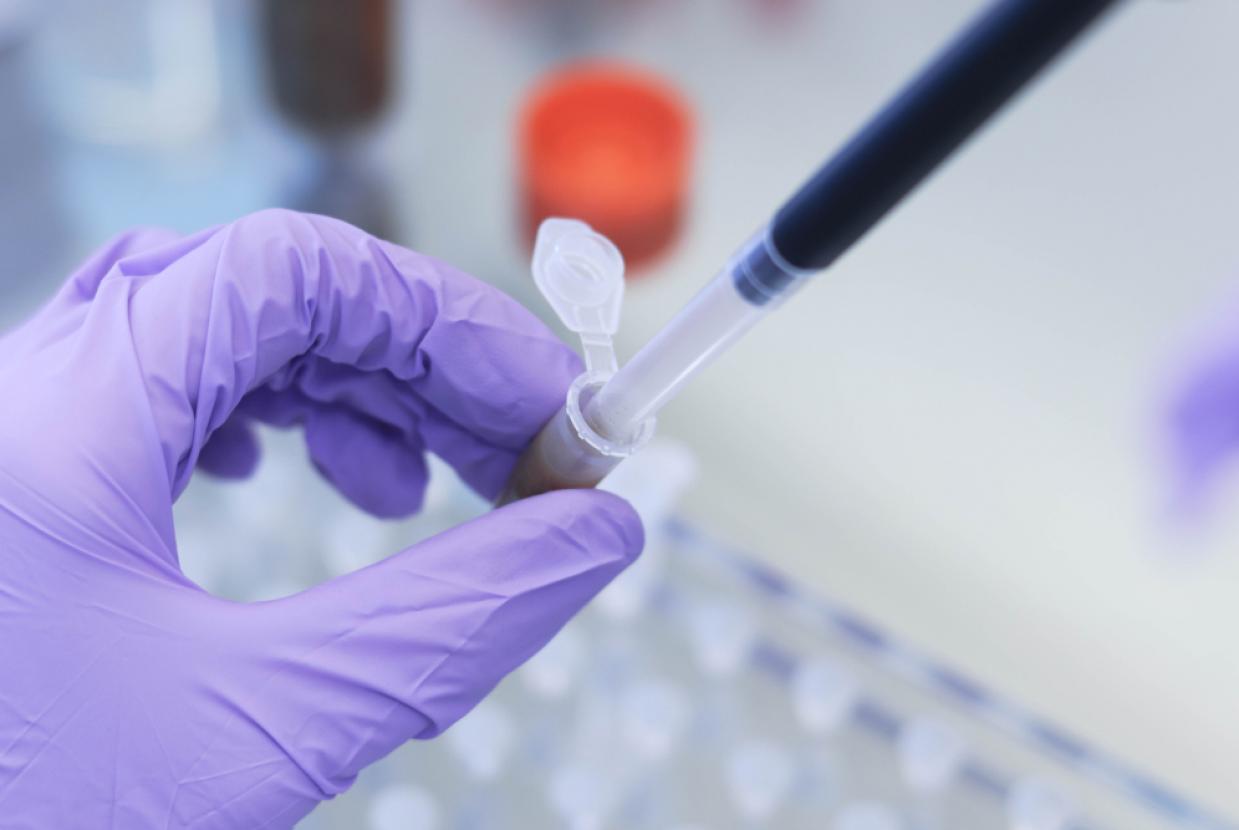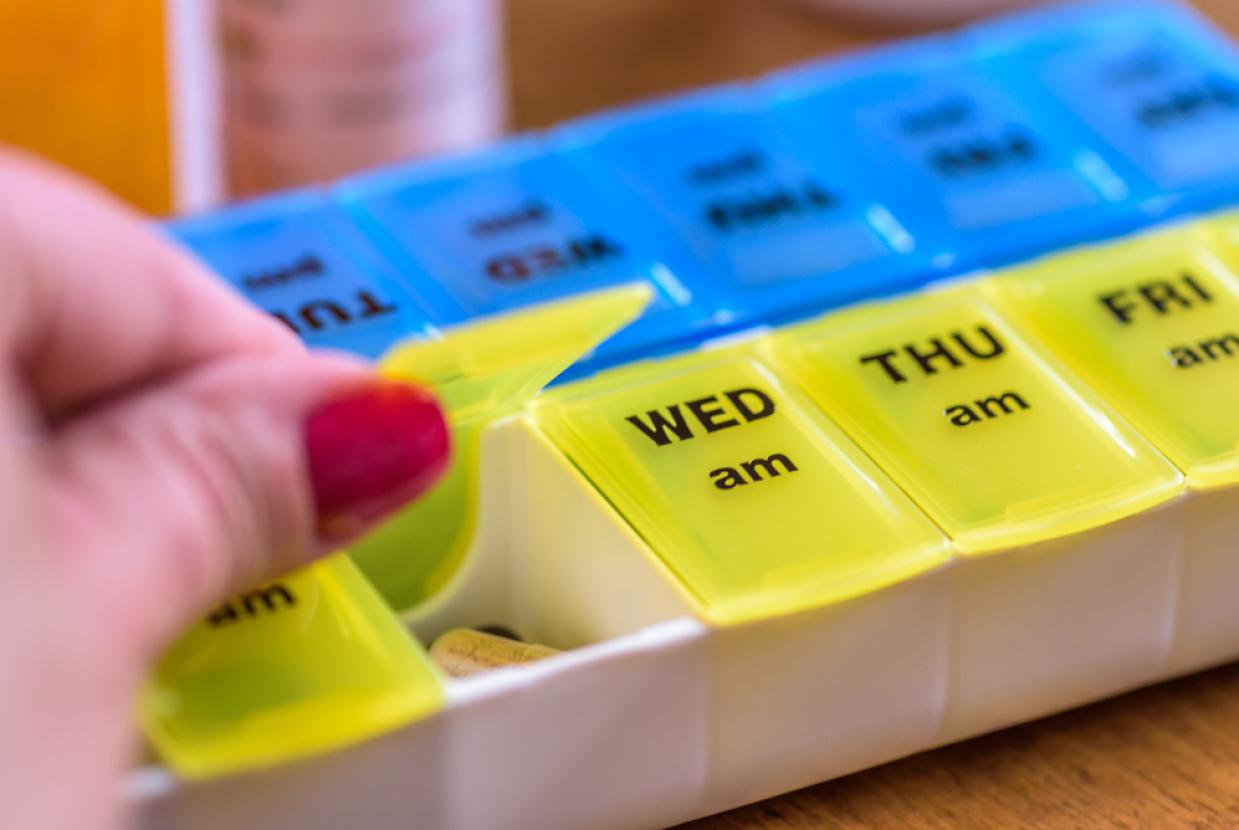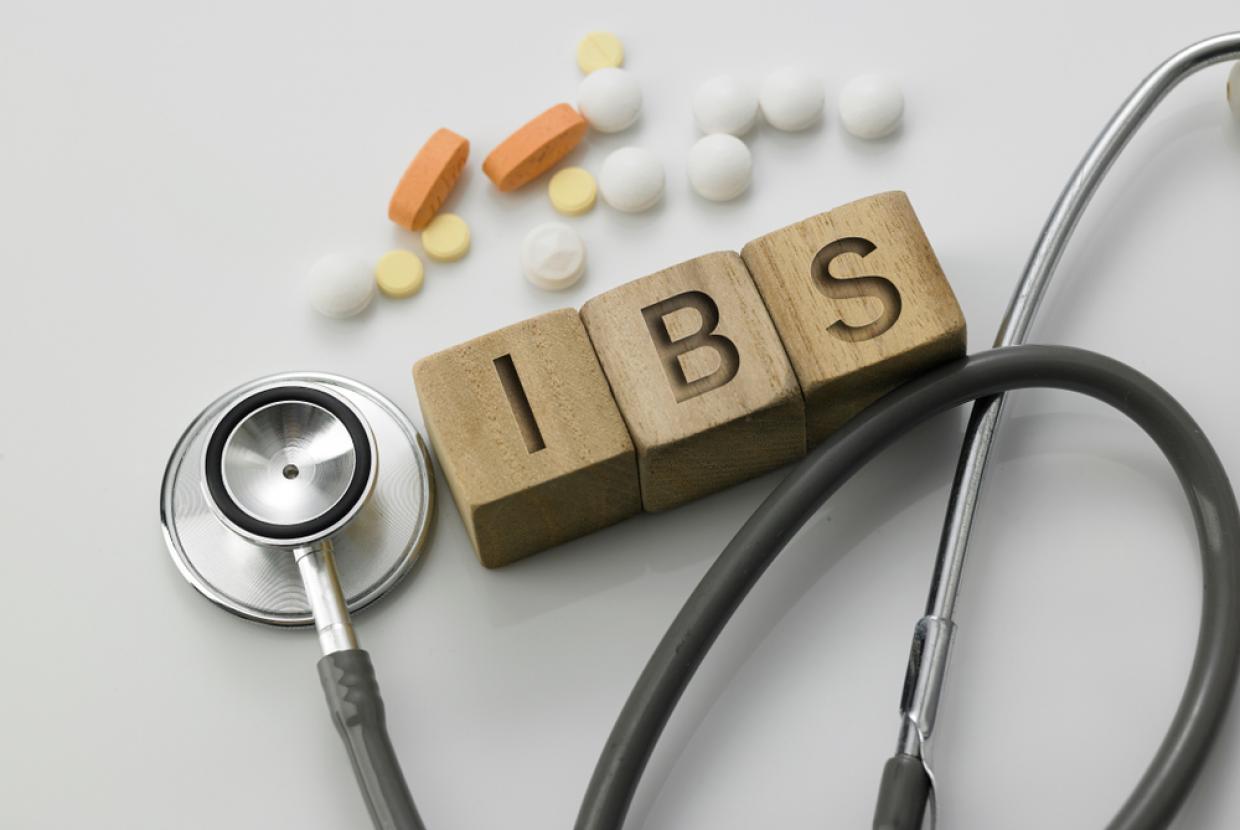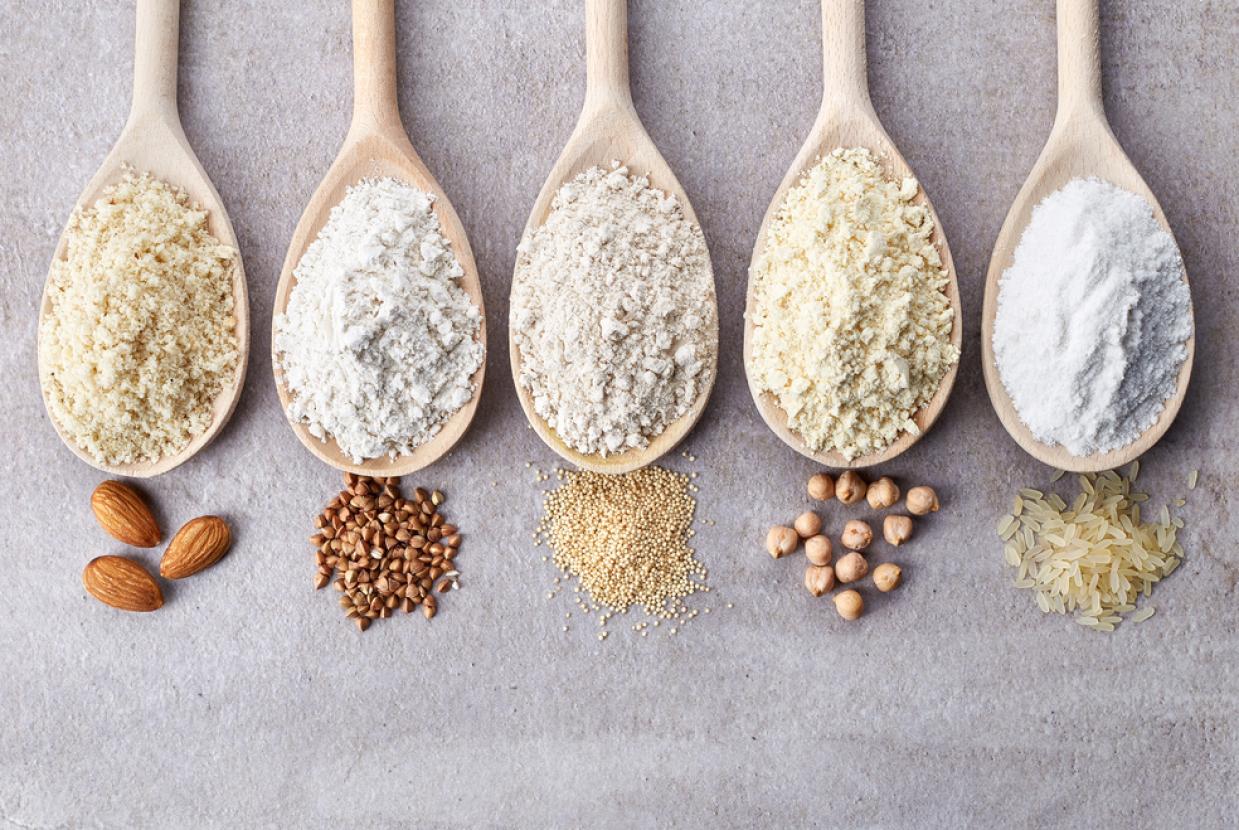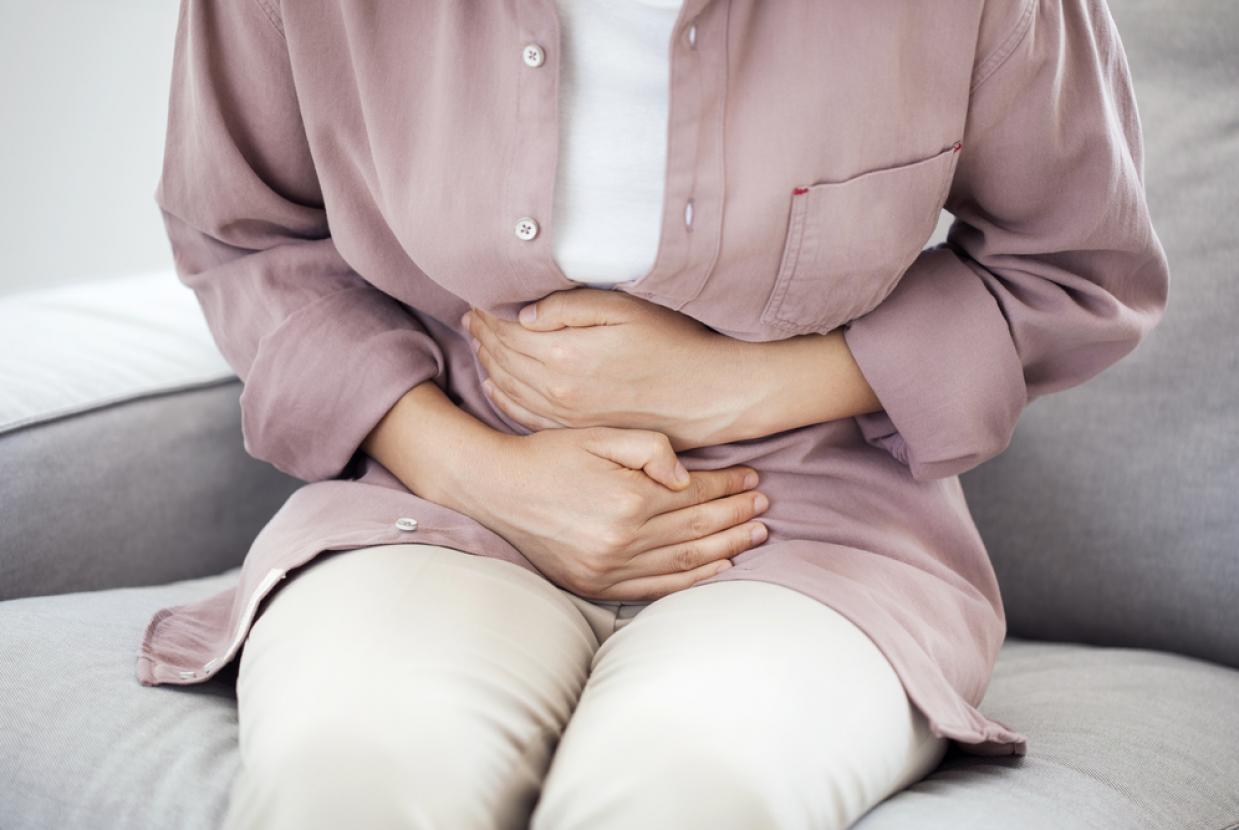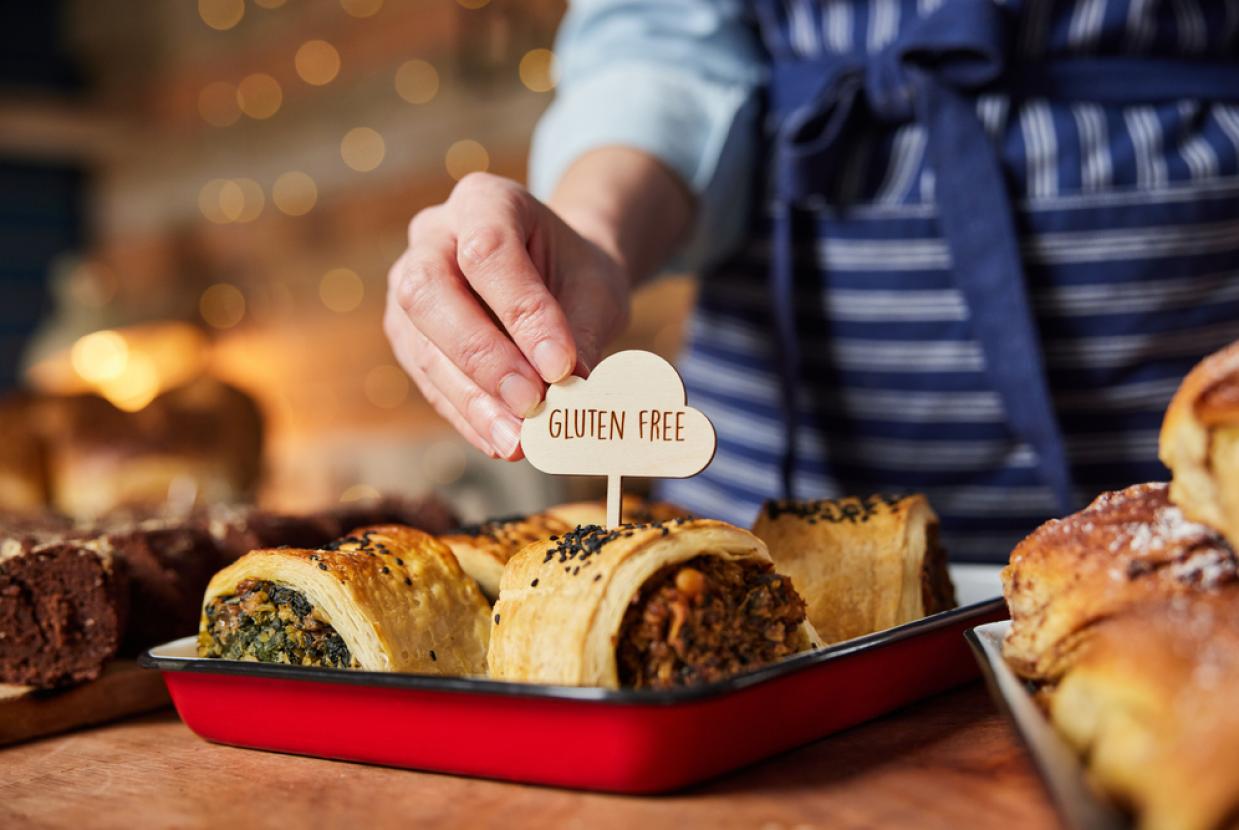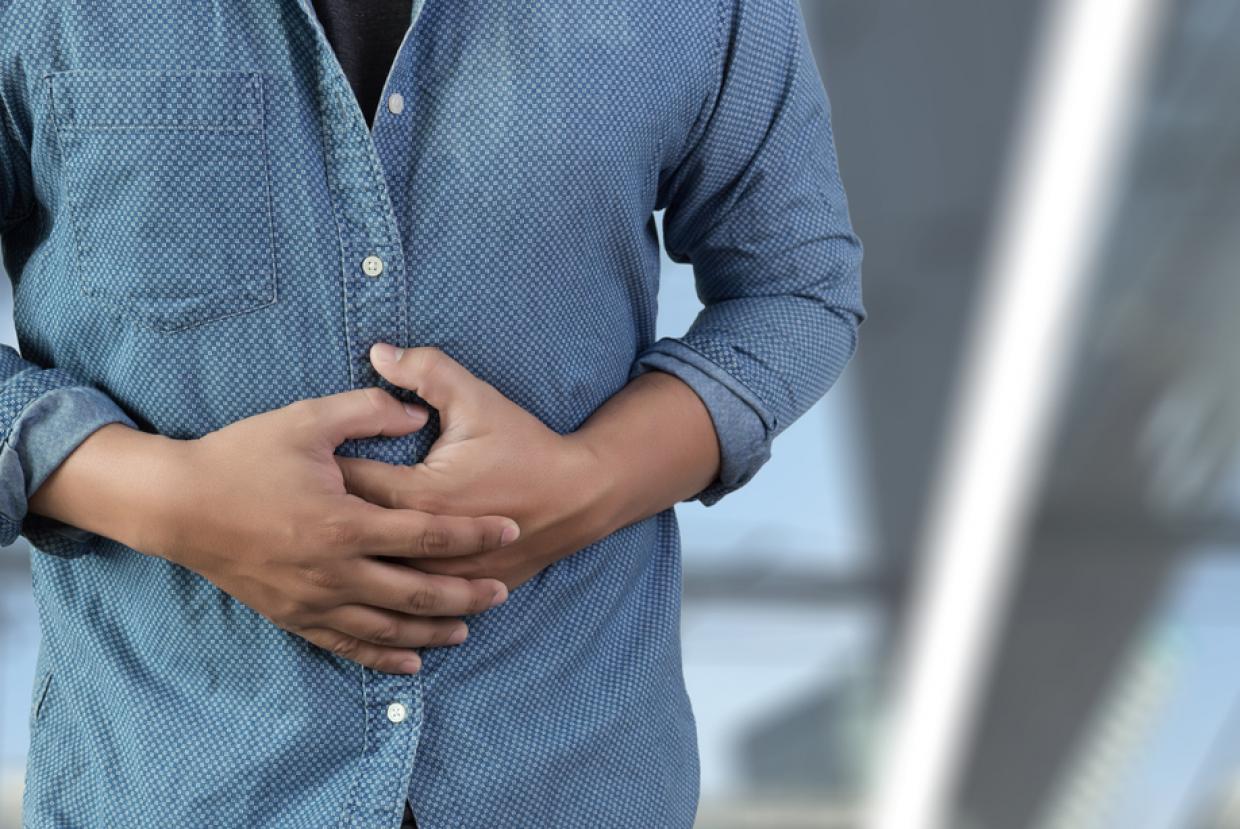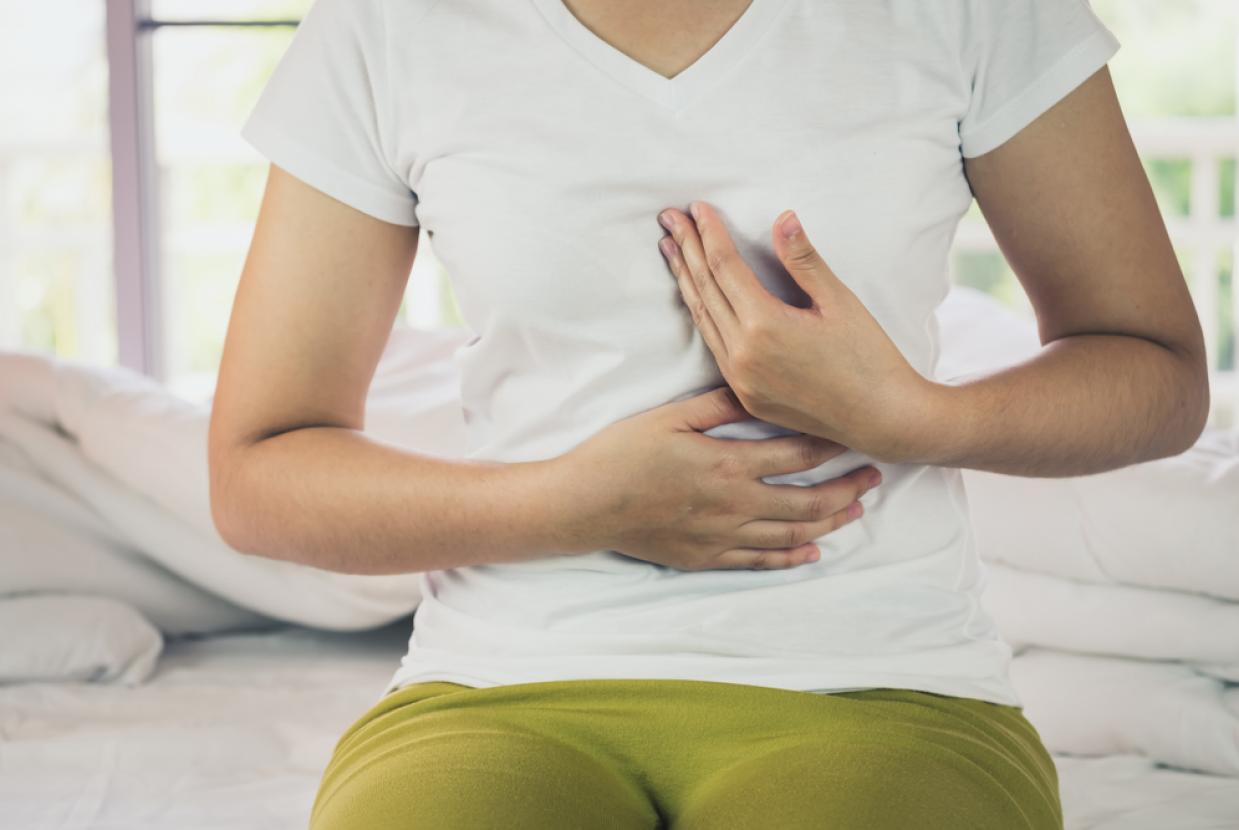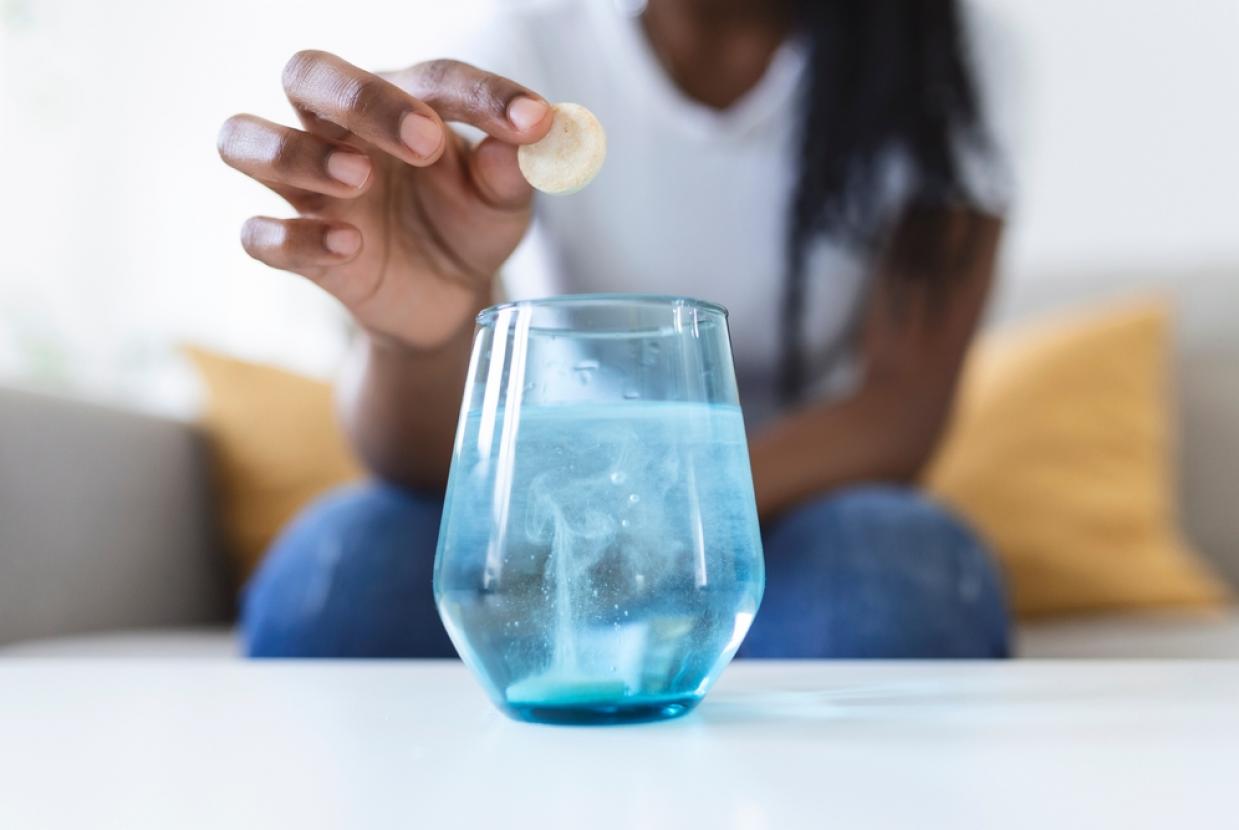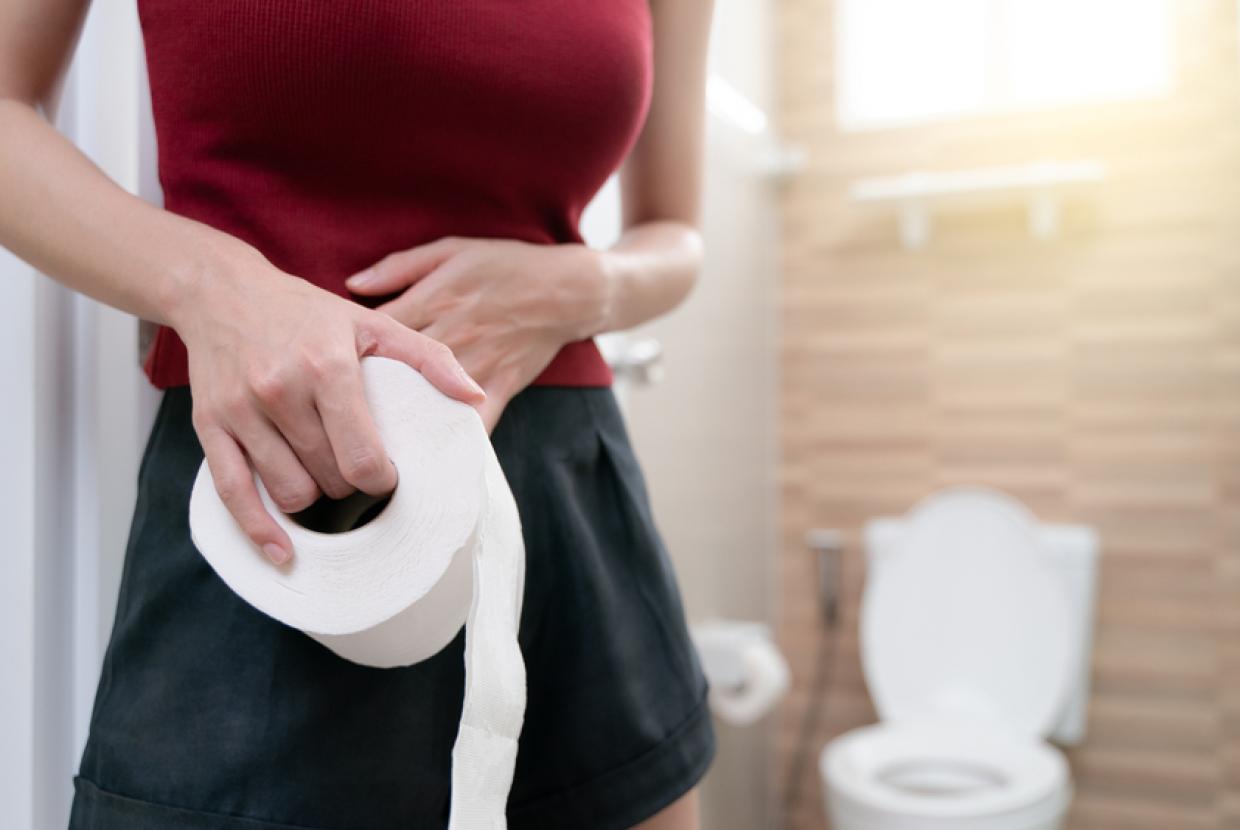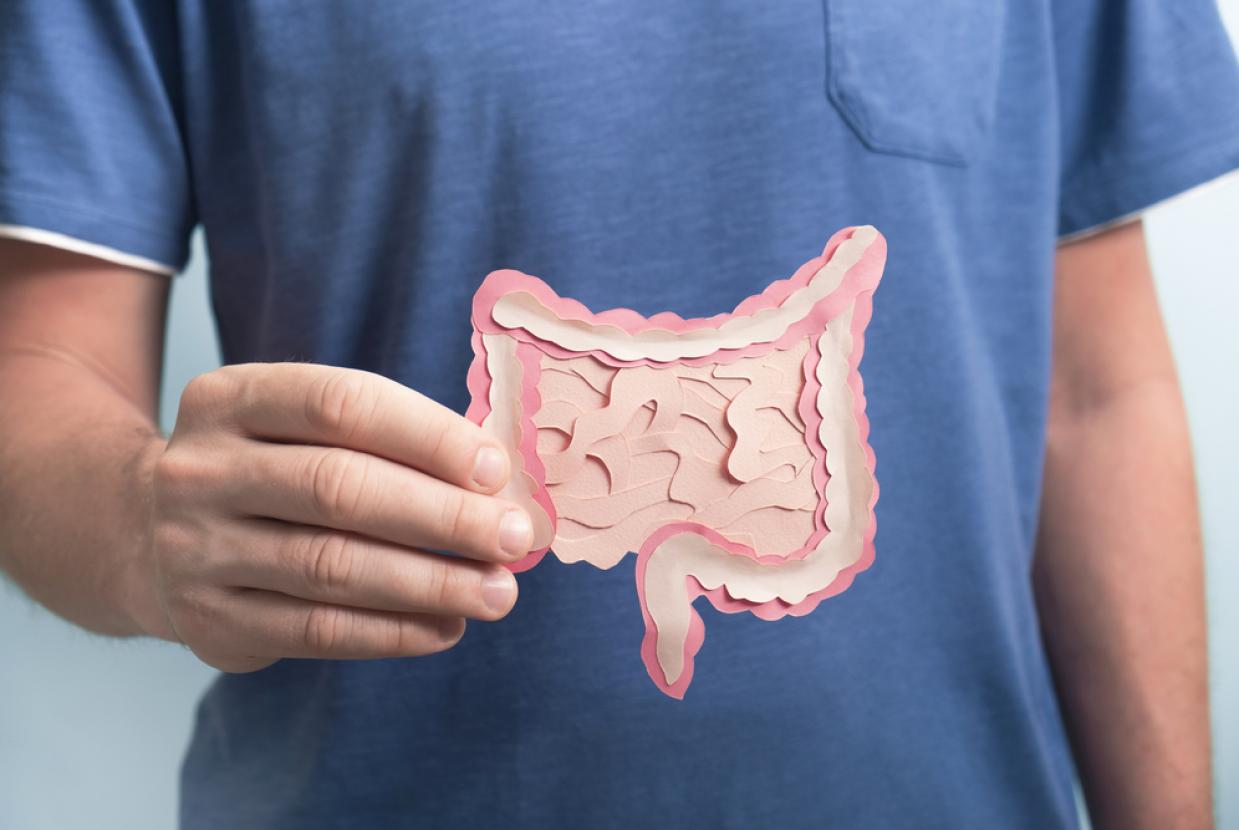Treatment Options
There may be several options for treatment depending on the severity of your symptoms. These include:
Loperamide
If you have mild Microscopic Colitis, medicines to stop diarrhoea, such as loperamide, can help. These make food move through the gut more slowly and allows more water to be absorbed. Poo becomes firmer and you may need to go to the toilet less urgently. They can also help to control symptoms while other medicines take time to work.
Bile acid binders
Bile acid binders, such as colestyramine or colesevelam, attach to the bile acids in your gut. You may be offered this medicine if your Microscopic Colitis is related to bile acid malabsorption (BAM). It may also be offered if you continue to have diarrhoea despite other treatment. Find out more in our information on other treatments.
Budesonide
Budesonide is used to reduce inflammation to control symptoms of Microscopic Colitis. This steroid has been found to help some people who have moderate to severe Microscopic Colitis. As with all steroids this is not usually a long-term option. Find out more in our information on steroids.
Immunosuppressants
Azathioprine and mercaptopurine may help some people if budesonide has not worked. Find out more in azathioprine and mercaptopurine.
Biologics
Biologics are a high-cost treatment which IBD teams must apply for funding for. Funding for biologic use in microscopic colitis is not generally given. But in rare circumstances some people may be offered a biologic. There is some evidence from small studies to support this so far. But there have not yet been any well controlled clinical trials.
Surgery
It’s rare to need surgery if you have Microscopic Colitis. Your healthcare professional may suggest surgery if other treatments have not worked. You can find out more about possible operations in surgery for Ulcerative Colitis.



